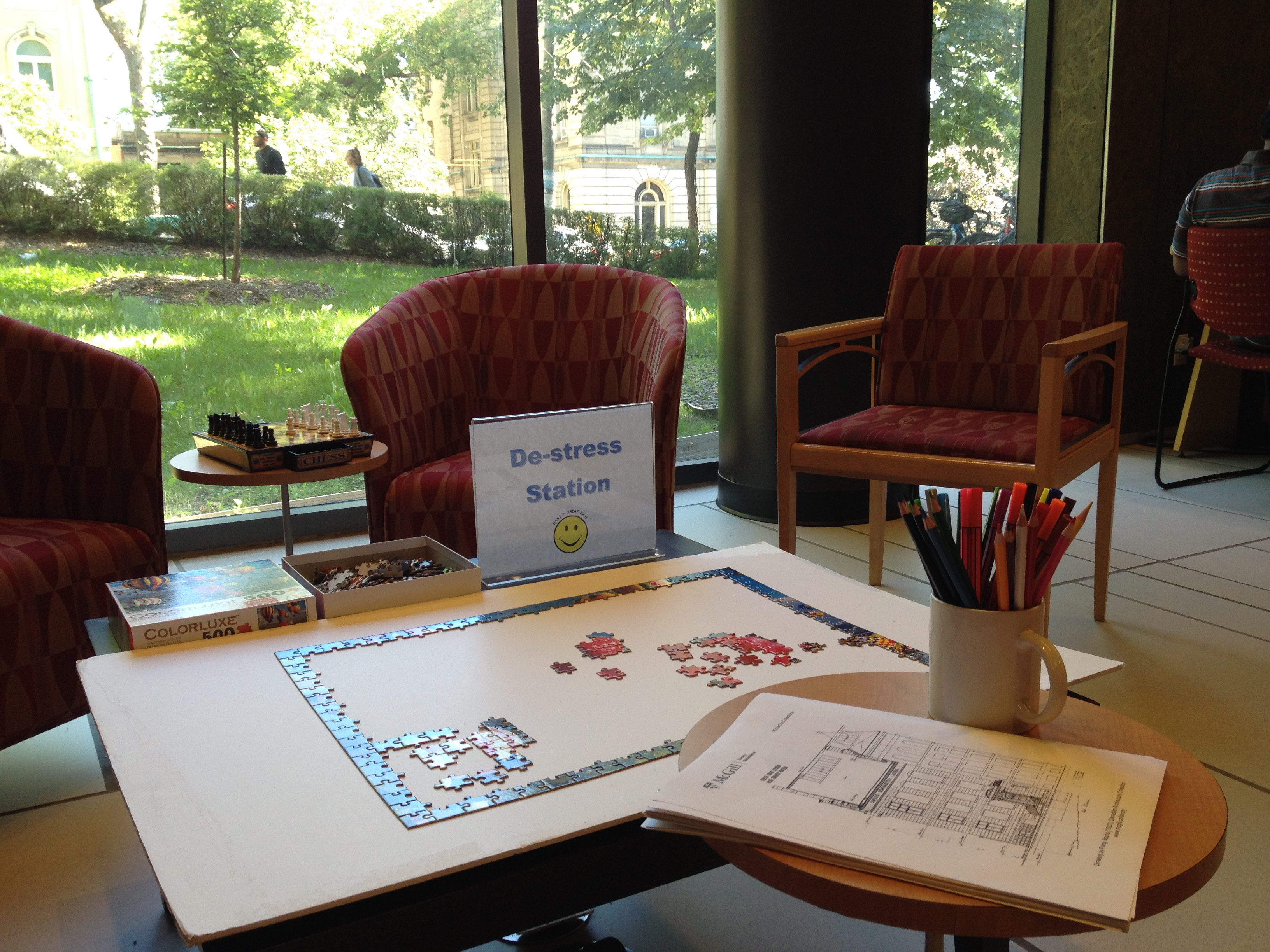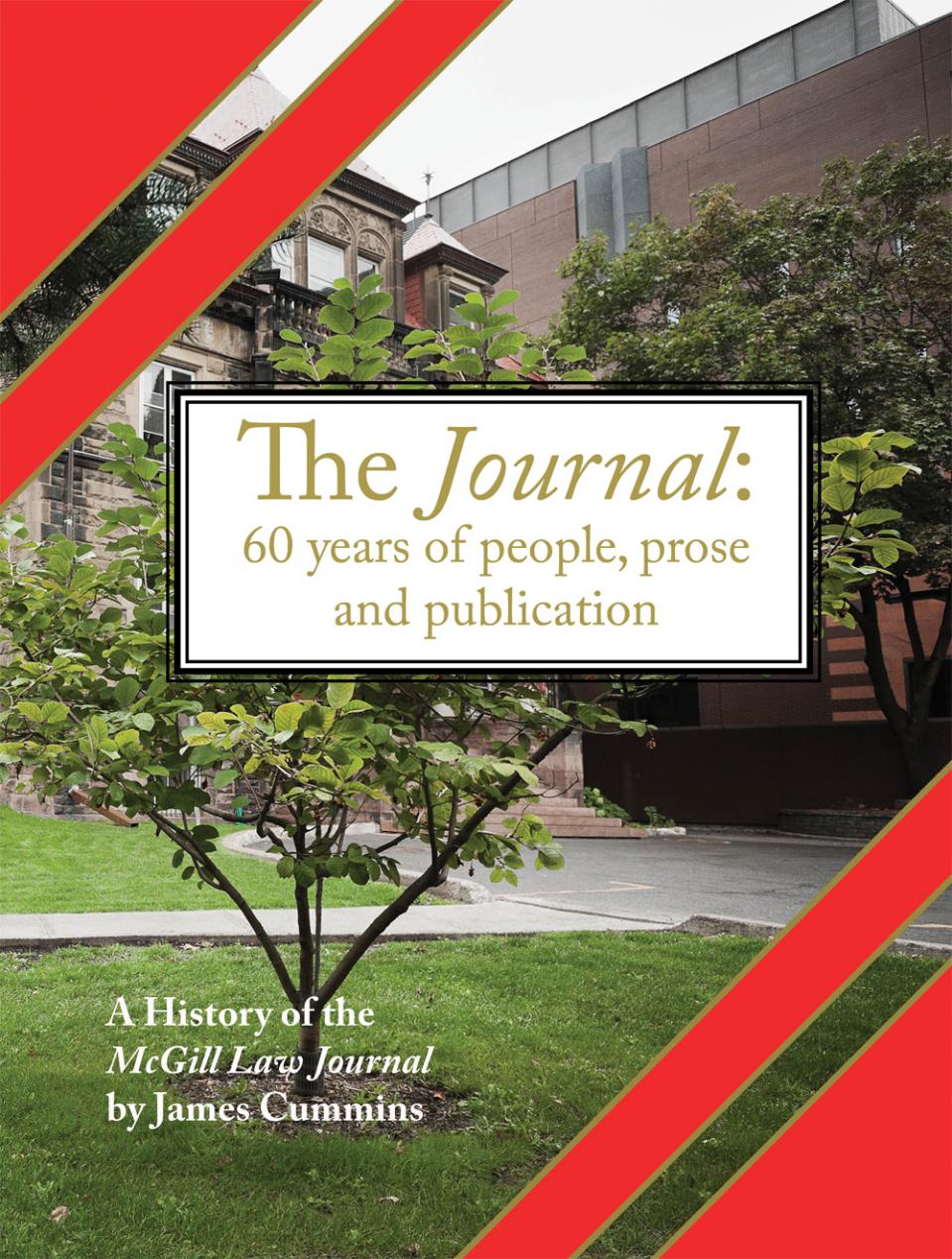This blog post has been adapted from our recent From the Gelber columns in the Quid Novi.
Edit: this blog post was edited on October 26th, 2020, to include the reactivation of our article/ chapter scan service, and on November 26th, to update our study hub hours and add book return information.
While heading back to school in the middle of a pandemic certainly comes with its challenges, the library worked hard throughout the summer (and continues to work hard!) to try and make the transition to a remote environment a little easier. Here is a summary of key services and resources available to McGill Law faculty, staff, and students:
Electronic course reserves
Since we knew there would be no physical course reserves available in the library during the pandemic, we worked with professors and with legal publishers to try and ensure that the vast majority of required course readings would be available electronically for free through the library. This table summarises where you can try finding key texts through library resources:
| Publisher | Database |
| Carswell, Sweet & Maxwell | WestlawNext, UK Legal (through OnePass) |
| Emond | Vitalsource (linked in catalogue) |
| Irwin Law | CAIJ (DèsLibris) |
| LexisNexis | Lexis Advance Quicklaw |
| Wilson & Lafleur | CAIJ (eDoctrine) |
| Yvon Blais | La référence |
Additional electronic resources (SOQUIJ, CAIJ, Practical Law Canada + additional Thomson products)
Les étudiant.e.s et les membres de la Faculté de droit profitent des accès additionnels à quelques bases de données juridiques, notamment SOQUIJ, le CAIJ, et des produits Thomson Reuters, dont Practical Law Canada. Ceci dit, vous devez tout d’abord compléter un formulaire de consentement pour y avoir accès. Contactez la bibliothèque pour plus de détails.
Library pickup service (to borrow physical library books)
Titles not available in electronic format can be borrowed via our library pickup service. Items are retrieved by our library assistants, put into paper bags and quarantined, and are then made available via a contactless pickup. Users will first need to locate the book in our catalogue, and take note of the call number. Details can be found here.
Interlibrary loan (including borrowing books checked out at McGill but available at another Quebec university)
Interlibrary loan (ILL) – the ability to borrow titles not available in McGill’s collection – is now available both for articles and physical books. Physical books will be made available via the library pickup. McGill users can put in an ILL request as usual through Colombo directly or via the ILL request link within the catalogue.
In addition, if a user notices that the McGill copy of a physical text is currently checked out, we have no electronic version, and there is a physical copy of the same text available at another Quebec university library, the user can now make an interlibrary loan request to have the copy from another Quebec university library sent to McGill. Currently, this should be done through the regular ILL request. This is made possible through a new agreement with the other Quebec university libraries.
Article scan service
Depuis le 26 octobre 2020, notre service de repérage d’articles est de retour. Les demandes doivent se faire via le formulaire qui se trouve sur cette page. Tout document disponible en version numérique ne peut être demandé.
De plus, les étudiant.e.s qui ont activé leurs comptes CAIJ peuvent bénéficier de leur service de repérage documentaire pour les articles disponibles dans leur collection. Ce service est normalement payant (5 $ par document), mais compte tenu de la COVID, il est gratuit jusqu’à la fin mars 2021.
Study hub
Students looking for study space in the library can book a spot up to one hour in advance, via the library website. The Gelber is open Monday to Friday, from 9:00am-12:00pm and from 1:30pm-4:30pm. Note that no other library service will be available at the study hub other than access to the photocopiers/scanners/ printers and pick-ups of previously requested books.
Book returns
Books can be returned to the book drop just inside the entrance at the Law Library Monday to Friday from 9:00am until 4:30pm.
Books can be placed in the returns bin on the street level at the McLennan Library Building 3459 McTavish Street at any time.
Virtual reference service
Questions? Concerns? Please contact Sonia (sonia.smith@mcgill.ca) or Katarina (katarina.daniels@mcgill.ca) directly. Simple questions can be sent by email, while conference calls can be arranged for more complex reference questions.









